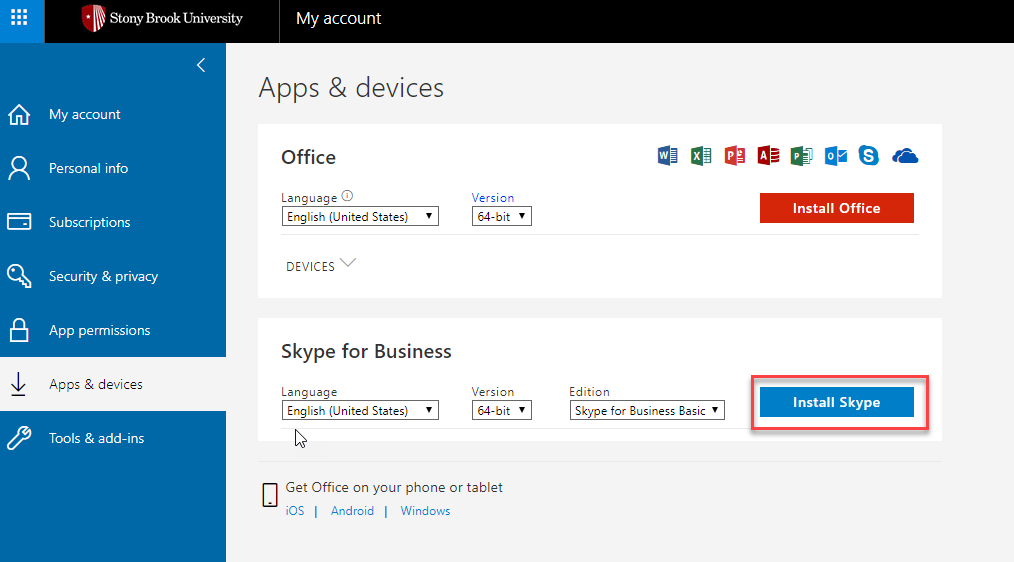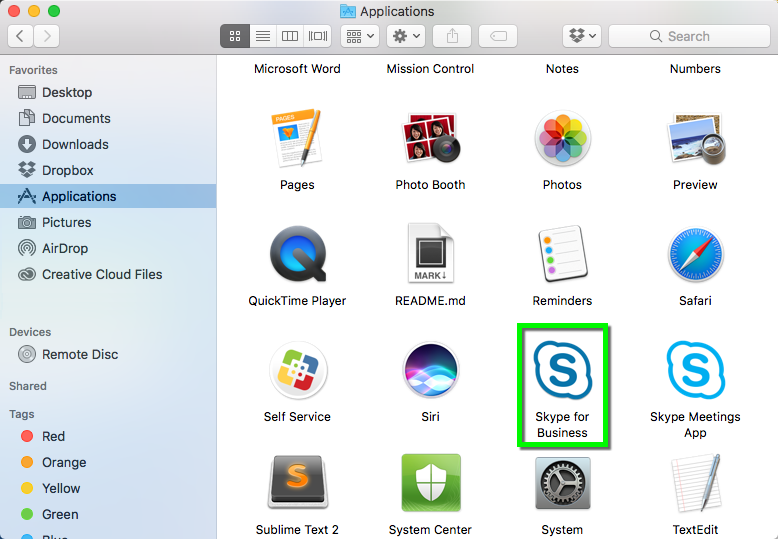

This cmdlet prevents provisioning of users in Skype for Business Online for the specified domain. Use the Disable-CsOnlineDialInConferencingUser cmdlet to prevent a Skype for Business Online user from using dial-in or audio conferencing through Skype for Business Online. However, the Active Directory user account itself is not deleted. When you disable a meeting room object you remove all the Skype for Business Server-specific Active Directory attributes assigned to the user account that represents the meeting room. Hosting providers differ from public providers (such as Yahoo!, MSN, and AOL) in that their services are not offered to the general public.ĭisables a Skype for Business Server meeting room.Ī meeting room is a conferencing device designed to address video conferencing and collaboration scenarios in small conference rooms. This cmdlet is typically used only if you are uninstalling Skype for Business Server 2015.ĭisables a service or server role that has been removed from a computer running Skype for Business Server.ĭisables a hosting provider currently in use in your organization.Ī hosting provider is a third-party organization that provides instant messaging, presence, and related services for a domain that you would like to federate with. Undoes the forest preparation tasks carried out by the Enable-CsAdForest cmdlet. This cmdlet is typically used only if you are uninstalling Skype for Business Server from a domain. Undoes the domain preparation tasks carried out by the Enable-CsAdDomain cmdlet. Verifies whether the contacts for a user (or group of users) are stored in the unified contacts store. Use the Debug-CsStorageServiceFailures cmdlet to return debugging data for the Skype for Business Storage Service. Verifies the synchronous replication of a pool by comparing the data stored for a specified user on a primary Front End server with data for that same user stored on replica Front End servers.ĭisplays the Enhanced 9-1-1 (E9-1-1) Location Information service (LIS) configuration in XML format. Verifies that replication is working between a Registrar pool and its assigned backup pool. Returns diagnostic information for the data conferencing capabilities included in Skype for Business Server. Verifies replication between Active Directory and the Skype for Business Server Address book service. Administrators should use the Grant-CsVoicePolicy cmdlet to assign voice policies to Lync Online tenant accounts. This cmdlet has been deprecated for use with Lync Server 2013 and Lync Online. Removes all the content from a Persistent Chat chat room beginning with the oldest item in the room and continuing through the specified end date.Ĭonverts exported user data to the data format used by Skype for Business Server.Ĭonverts an object to a JSON-formatted string for PowerShell Web Services.

The telephone numbers will then be available for search and reservation again. Use the Clear-CsOnlineTelephoneNumberReservation cmdlet to clear a reserved list of telephone numbers before they are acquired.

#Download skype for business 2016 for mac update#
This cmdlet was introduced in Lync Server 2013.ĭeletes any rejected device update files that are no longer associated with a device.ĭeletes all the Device Update Web service log and audit files that are older than the specified number of days. This cmdlet was introduced in Lync Server 2010.Ĭreates a backup copy of the specified Skype for Business Server pool. A shared number in SLA is an Enterprise Voice user that is capable of receiving multiple calls at a time and forwarding them to its delegates, who answer the call.Īpproves a device update rule that has been imported to the system.Īfter a device update rule has been approved, the corresponding update will automatically be downloaded and installed by client devices affected by the update. Use the Add-CsSlaDelegates cmdlet to add a delegate to a shared number in Shared Line Appearance (SLA). If you are using Skype for Business Server then the cmdlets are available in the Skype for Business Server Management Shell and you can find information about it here. You can find information on installing the module for Skype for Business Online here. The following cmdlet references are for Skype for Business and Microsoft Teams.


 0 kommentar(er)
0 kommentar(er)
